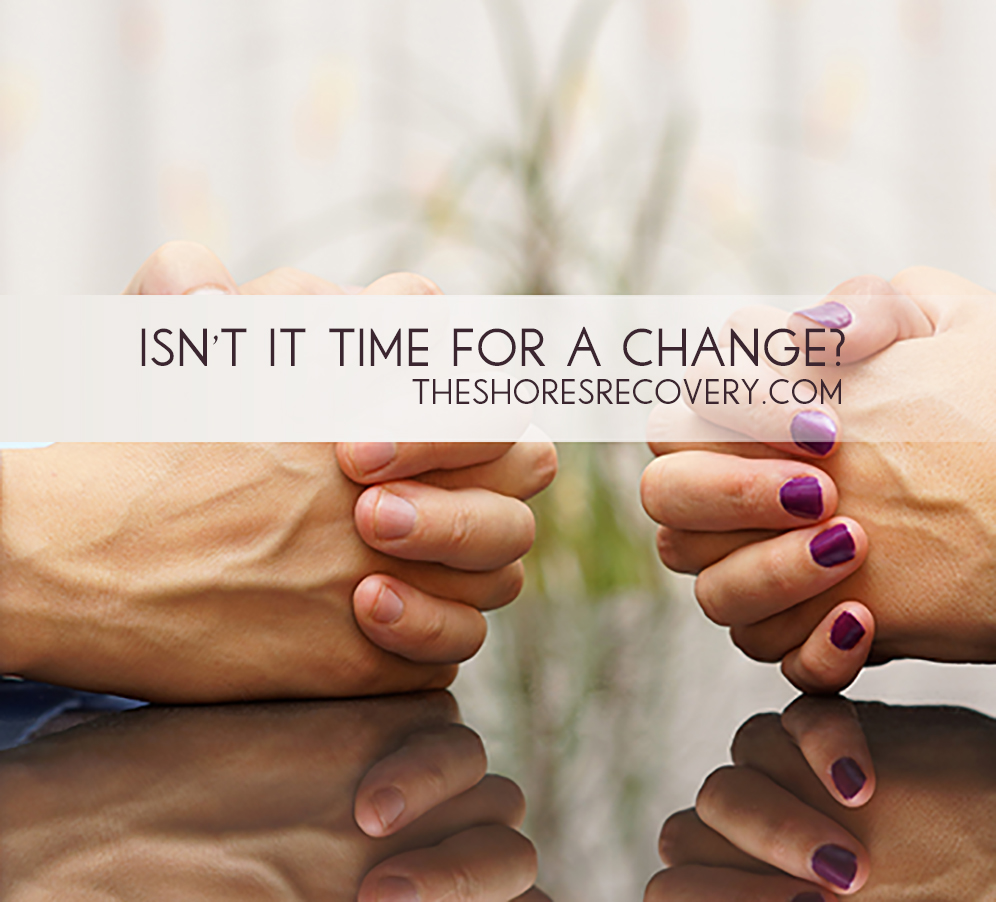
By LYLE R. FRIED, CAP, ICADC, CHC In Addiction Recovery, First Steps
Posted March 26, 2015
Is it Time to Call an Interventionist?
With shows like A&E’s Intervention, many people have a somewhat skewed idea of what an intervention is. The popular reality show depicts the most dramatic model —an unwitting addict lured to a location where he or she is surprised by family, friends and a therapist/interventionist who are ready to confront the addict and offer an ultimatum. Although this method might make the best fodder for television entertainment, it is only effective in some cases, and, of course, is not the best tactic for every situation.
There are several different types of intervention, professional and non-professional, but all have the same goal, to come between a situation with the intent of preventing or altering a future course of events. So, is it an intervention if you decide to talk to your best friend about his drinking problem? Absolutely. During an intervention, you are inviting an individual to stop and take a serious look at an area of concern. When this is done and a situation is brought to the light, the individual has a decision to make. They can either choose to ignore and deny there is a problem (usually they know they are lying to themselves) or they can further investigate the possibility that they may have a problem and hopefully begin moving forward to find a solution.
Sounds pretty simple, but of course, by the time we become lost in our addiction, there are many layers of self deception, denial and a clear lack of rational thinking. We often want to quit but lie to ourselves, minimize the trauma we are causing, operate in fear, and continue to put off making a stand until tomorrow…and tomorrow…and tomorrow.
What Are the Benefits of a Professional Intervention?
During a professional intervention, the person in need of recovery would be able to ask questions and receive solid answers. You may be able to approach your best friend and show concern about his drinking, but what if he starts asking about his options, or lets you know that his fear of detox is what keeps him drinking? A professional interventionist would be able to discuss those fears and recommend medical detox.
Other benefits of a professional interventionist include:
- Building the Support Team: An interventionist will be able to help family and friends understand their loved one’s disease. Every family has a unique dynamic and an interventionist can help family and friends become far more productive during the actual intervention while also discussing their role in recovery.
- Providing Resources: Until an individual has experience in the drug and alcohol recovery community, he probably won’t be aware of resources or available help. A professional interventionist is able to offer a wide range of resources that can help the addict enter recovery while also pointing the family towards the help they need.
- Keeping it Positive: Bottom line —an intervention is a positive event. It is about hope for a future, healing, and growth, but there are damaged individuals involved. Family and friends of the addict have been affected to some degree. While they only want the best for their loved one, they are often angry, desperate and at their wit’s end —and understandably so. Interventions are always risky. A declaration of love can sound like guilt. A fact can come across as an accusation. It is entirely possible for an intervention to push the individual into seclusion, dividing them from the family and creating a greater obstacle for future interventions. An interventionist will discuss the best way to talk to someone who is in such a vulnerable and emotional state.
- Neutrality: An interventionist is far enough away from the situation to make sure the intervention itself remains supportive and hope-driven. He or she will spend time with the family prior to the actual intervention to help them reach clarity in their thoughts and communication, while also educating them on what type of resistance they may encounter.
But Does Intervention Really Work?
Whether the intervention itself is a one-on-one, face-to-face event, a phone meeting, or a plan that involves the entire family, a professional interventionist can be a guiding light during a potentially life-altering moment to a person in desperate need for change. When the suggestions of the interventionist are followed by family members and friends, a high percentage of interventions are successful that same day, while many more individuals enter treatment within one week of the event. Treatment directly following an intervention often sets the stage for a deeper commitment by the addict, since they are aware of the support system they feel from their family and loved ones. Above all else, an intervention is always done out of love and concern, not anger and guilt. This one fact has so much to do with the success or failure of the intervention. We are truthful, but we are truthful in love, and we are hopeful for a brighter tomorrow.
For more information on addiction recovery and to decide whether an intervention is right for your loved one, give us a call at The Shores Treatment and Recovery today. Our certified interventionists will do their best to accommodate your particular needs or refer you to someone who can.











